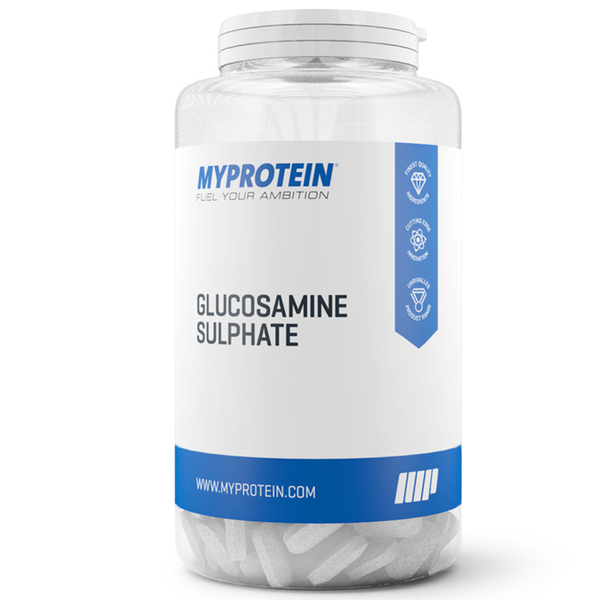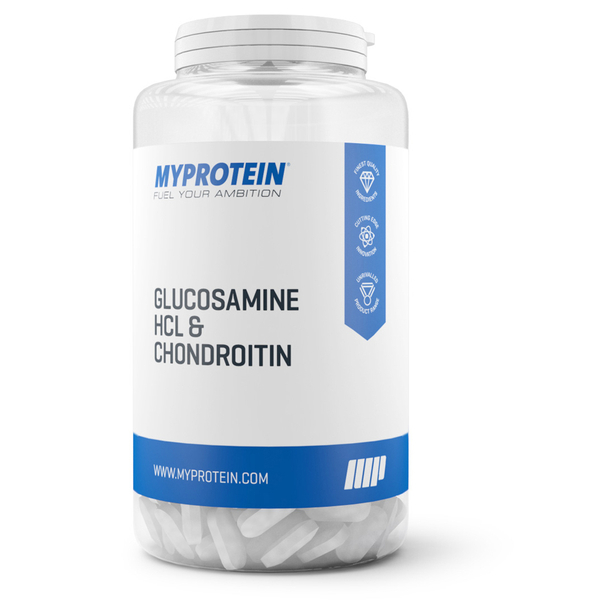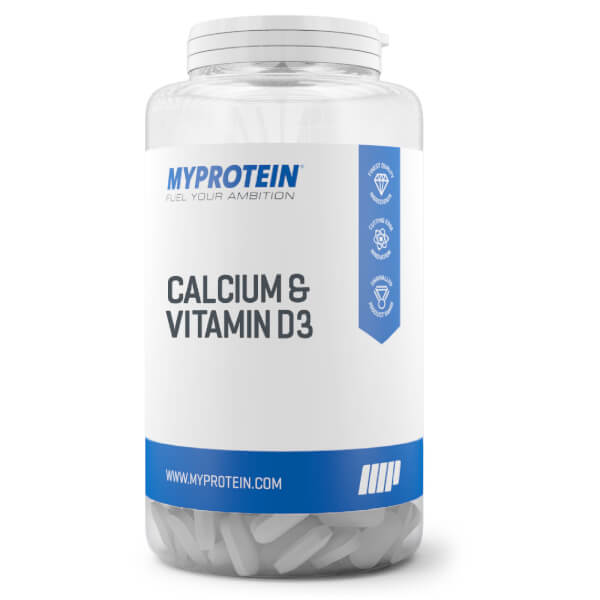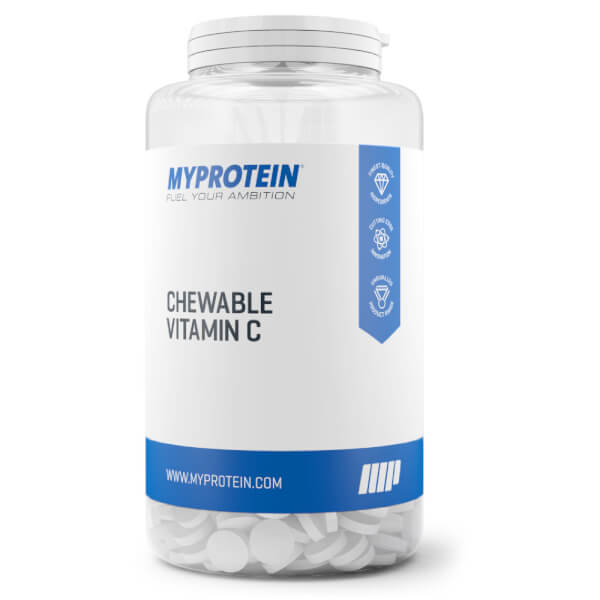There are many types of supplements available marketed for many different purposes. One of the more important types of supplements that is key for reaching your long-term fitness goals and for overall health is joint care supplementation. Your joints can undergo significant stress during workouts and over time wear and tear can catch up with you. Introducing joint-protection supplements will improve your long-term joint health and this will allow you to maintain, to some degree, the high-intensity workout programs that you follow for some considerable time into the future. However, joint-care is not just a necessity for the fitness fanatics amongst us but is also essential for anyone who wants to improve their chances that their joints maintain their health as they age.
You may be surprised at how effective joint-care supplement can be. Weight training will come with added stress on the joints, this is something that you have to just face. Through proper technique and execution, you can minimise the stress placed on them. This should be your first aim to minimise the damage to the joints. However, even with perfect technique, your body will over time feel the effects of the stress placed upon the joints, and you may find you develop joint pain or decrease in range-of-motion.
Adding joint-care supplements into your diet can help significantly and can work relatively fast if you have joint pain that isn’t of a serious nature. If the joint pain is not from a serious injury or of a serious nature then some individuals can, through joint-care supplementation, can eliminate the joint pain altogether, within a mere few weeks. If any of you have joint pain we suggest thinking about supplementation to improve your joint health and to help you stay injury free going into the future.
Take a look a some of the best joint supplements available on the market today.
Note: Ensure that you consult with a qualified doctor/general practitioner and/or pharmacist for health advice and before taking any supplements.
1. Glucosamine Sulfate
Glucosamine is an amino sugar that’s naturally occurring and found around cells of cartilage and connective tissue. Cartilage is a resilient and smooth elastic tissue, a rubber-like padding that covers and protects the ends of long bones and joints. cartilage can become less flexible as we age, and there is evidence that glucosamine may slow this process down.
Glucosamine is vital for building cartilage. Glucosamine plays an important role in producing glycosaminoglycans and glycoproteins, which are essentially the buildings blocks of many parts of your joints, including tendons, ligaments, cartilage and synovial fluid.
Tests show that glucosamine sulphate is absorbed quickly and easily, and is shown to be 98% absorbable. And due to the fact, the molecules are relatively small, they are able to penetrate the cartilage, where they can then build proteins required to keep cartilage strong and healthy.
Side Effects: Which are mild and infrequent include gastrointestinal upsets, headache and rashes. There is some debate about whether glucosamine raises blood glucose levels in people with diabetes, so caution is advised if you suffer from diabetes. Studies show that those with type 2 diabetes are probably unaffected. Glucosamine products can be derived from shellfish so they may trigger allergies in those that are susceptible.
Dosage: Most trials used a standard dose of 500 mg of glucosamine sulphate taken three times a day.
2. Chondroitin Sulfate
Chondroitin forms part of the proteoglycan molecules which is an important structure of cartilage. It helps make up the flexible connecting matrix between protein filaments in cartilage, giving it strength and elasticity. It is believed to enhance the shock-absorbing properties of collagen and block enzymes that are known to break down cartilage. It may also help cartilage to retain water and when used with glucosamine it may help to reverse cartilage loss. Its anti-inflammatory effects help to reduce joint pain by stimulating the regeneration of cartilage and the production of collagen and synovial fluid.
Side Effects: Any side effects tend to be mild and rare. Those that do occur can be stomach upsets, nausea, intestinal gas, rashes, headaches, diarrhoea and leg swelling.
Dosage: 600 mg to 1,200 mg daily in two to three divided doses. Often combined with glucosamine. Allow up to one month to notice an effect.
BUY NOW FOR £18.49
3. Omega 3
One fact that you do not want to cut back on is omega 3 fatty acids. The two key ones are EPA and DHA and are primarily found in fish oils. Fish oil supplements which contain EPA and DHA can reduce stiffness and joint pain. They form the building blocks for prostaglandins, which regulate your immune system and fight joint inflammation. It has also been shown that omega 3 can boost the effectiveness of anti-inflammatory drugs. If you have inflammation around a joint caused by an injury, for example, then omega 3 used in conjunction with anti-inflammatories may help reduce this inflammation and pain.
These fatty acids are also incorporated into cartilage cells where they decrease the enzymes that can over time degrade this flexible tissue. They have shown an increase in blood flow during exercise, reducing the chance of injury to the joints.
Omega 3 even appears to strengthen bones. Scientists have shown that EPA works with vitamin D to increase the absorption of calcium and bone density.
Side Effects: Minor and uncommon at small doses. Possible side effects could include stomach upsets, diarrhoea and flatulence. You avoid fish oils if you use anticoagulant as it may interfere with blood clotting.
Dosage: It is recommended to eat 2 portions of fish a week including one oily, or o.45g per day of omega 3.
BUY NOW FOR £13.99
4. Calcium
Calcium is one of the most important minerals for the human body. It helps to form and maintain healthy teeth and bones, where 99% of it is located. One of its most well-known roles is the aid in the prevention of osteoporosis.
Calcium is needed to form bones and teeth and is also required for blood clotting, transmission of signals in nerve cells, and muscle contraction.
Side Effects: Gastrointestinal upsets, flatulence and constipation are sometimes reported with the use of calcium supplements.
Dosage: Intake is recommended to be 1,000 mg daily for those aged 18-50. For adults over age 51, the daily recommendation does is 1,200 mg.
5. Vitamin D
Without vitamin D, your body cannot absorb calcium. It helps to regulate the amount of calcium in the body. A deficiency in vitamin D can cause bones to become weak. In adults, this is called osteomalacia and in children, rickets.
Typical symptoms of vitamin D deficiency is joint pain, muscle pain and weakness, bone pain, fatigue, respiratory issues, neurological concerns (numbness, and low mood (seasonal affective disorder).
Side Effects: Vitamin D toxicity can lead to a build-up of calcium in the blood. The condition is known as hypercalcemia and the symptom can include: nausea, poor appetite, weakness, vomiting, frequent urination, and kidney problems.
Dosage: Doctors recommend taking 800 to 1,000 international units, or IU, of vitamin D a day from the supplementary form. Moderate sun exposure can help build up the levels of vitamin D, prevent sunburns and use sunscreens to reduce damaging effects.
6. Vitamin C
Vitamin C is essential for the production of collagen. A deficiency of vitamin C causes scurvy which is the malformation of collagen. This deficiency can cause pigmentation of the skin, open and bleeding wounds on the skin and mucosal membranes and reduced mobility caused by degeneration of the cartilage since collagen makes up the connective tissues at the joints.
Vitamin C is one of the most important antioxidants for humans. The antioxidant property of vitamin C can help improve the articulation of joints by preventing the oxidative damage of the free radicals. It preserves the joint integrity and so reduces pain and even inflammation.
Side Effects: Large quantities (1000mg per day or more), may reduce the absorption of selenium and copper and may lead to kidney stones, but only in people with kidney disease. It may also cause stomach pain, diarrhoea, and flatulence.
Dosage: Adults need 45mg of vitamin C a day.






